Conversations in Equity Posts
Gendered Racism Among Women of Color
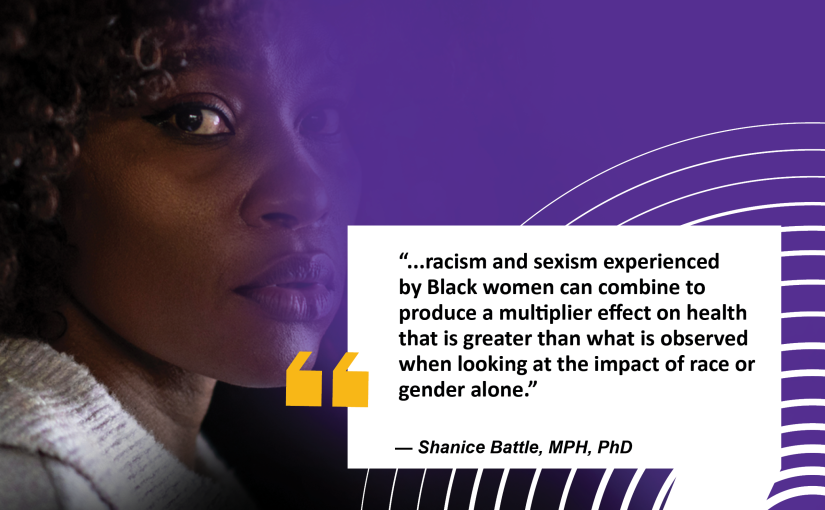
What is gendered racism? When thinking of “–isms,” or systems of oppression, many often think of single constructs that operate independently like ingredients in a salad. Examples include how racism impacts individuals based on their race alone or how sexism impacts individuals related to their sex or gender – such as wage gaps between men Read More >
Posted on by 2 CommentsStanding Up a Test to Treat Model During a Surge of COVID-19 Cases
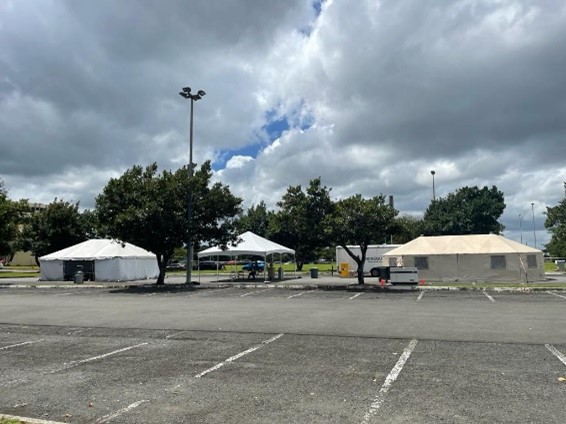
“When a person is diagnosed with COVID-19, the window of time for them to receive antivirals or monoclonal antibodies is limited. We are eliminating access barriers and misinformation that prevent patients to quickly receive COVID-19 treatments to help decrease their risk of hospitalization,” said Dr. Sonia Ortiz Flores, physician leading the Bayamon Test to Treat Read More >
Posted on by 1 CommentAddressing Disparities in Alzheimer’s Disease

Did you know that Black and Latino adults are at much higher risk of Alzheimer’s disease and related dementias (ADRD) than White adults? And this disparity is expected to grow: CDC projects that cases of ADRD will increase seven-fold among Latino adults and four-fold among Black adults by 2060. In addition, Black and Latino adults Read More >
Posted on by 2 CommentsStories from the Field: Conversations on COVID-19 Prevention with 3 Exemplary Charter Schools
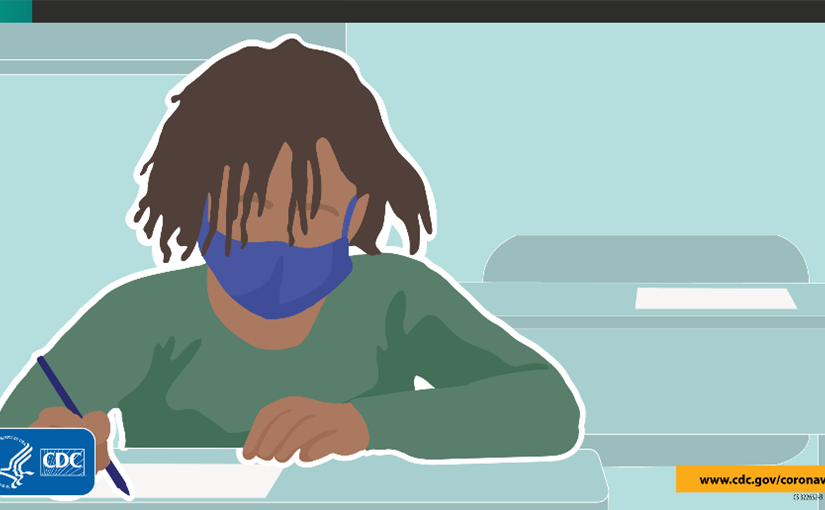
CDC has ongoing relationships with charter schools (tuition-free schools of choice that are publicly funded but independently run) across the United States. These relationships allow charter schools to share insights on COVID-19 prevention strategies and health disparities facing students and CDC to offer information on how schools can address health barriers. Ongoing conversations strengthen CDC’s awareness Read More >
Posted on by 1 CommentStories from the Field: PODER en SALUD
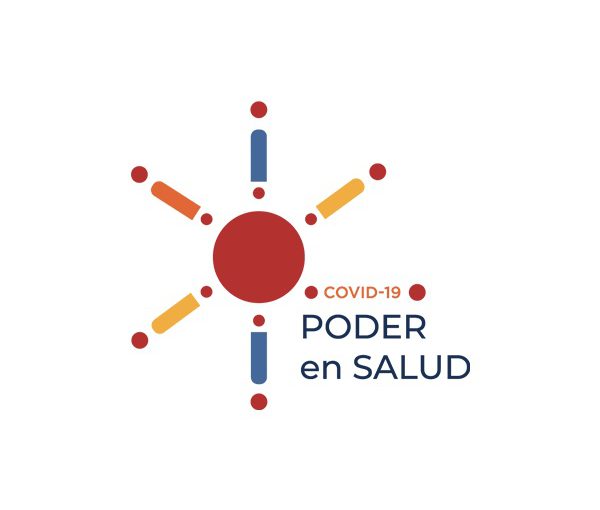
“The virus has taken a toll on our mental and emotional health,” says Perla Fernandez, a Kansas City community member who lost several friends and family members suddenly to COVID-19. The COVID-19 pandemic has disproportionately affected many Hispanic or Latino communities.[1] Hispanic or Latino people have experienced higher rates of COVID-19 hospitalization, death, and cost Read More >
Posted on by Leave a commentStories From The Field: REACHing Multnomah County

Joy could be felt in the air after the success of the first REACHing US COVID-19 Vaccine Clinic in Multnomah County, Oregon. Friends were excited to greet each other once again, choosing high fives instead of hugs, and to share familiar foods, like sweet potato pie. Multnomah County, a diverse community of 800,000 people, includes Read More >
Posted on by 2 CommentsGive Your Community a Boost!
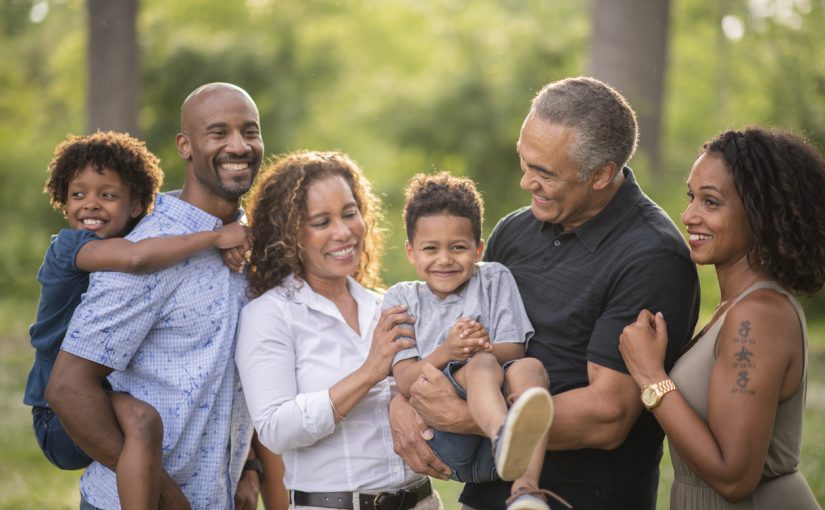
Communities play an integral role in many aspects of our lives. The COVID-19 pandemic has served as a case study for how resilient we can be and our determination to stay connected to our communities even during these challenging times. In April, we acknowledge National Minority Health Month (NMHM) to bring awareness to health disparities Read More >
Posted on by 2 CommentsStories from the Field: The White Earth Nation
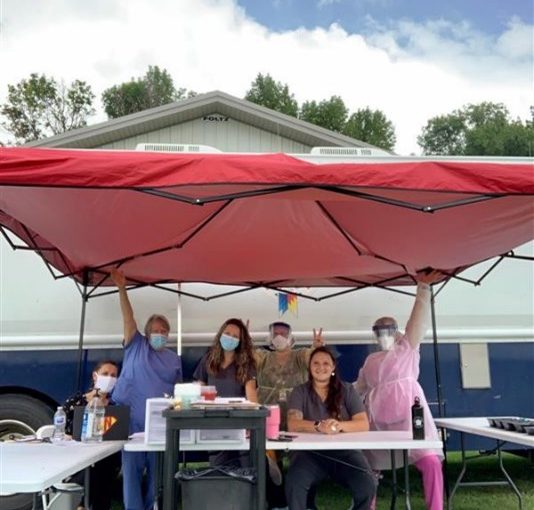
“We dreamed of saving lives, and we worked to make that dream come true.” These are the words Dr. Carson Gardner, White Earth Tribal Health Department Medical Director, shared during an interview with CDC about the remarkable success the White Earth Public Health team experienced with vaccinating their fellow community members – The White Earth Read More >
Posted on by 5 CommentsLooking Forward: Key Milestones in Health Equity!

The year is coming to an end and many of us are looking ahead to what 2022 holds. Here, in the United States, many of us are vaccinated and safely reuniting with our loved ones. Holiday traditions are commencing in person once again and the new year is quickly approaching. Before writing those new year’s Read More >
Posted on by 6 CommentsNational Minority Health Month: Promoting Fair Access to Health

“Recognizing that health is the key to progress and equity in all other things,” said Tuskegee Institute founder Booker T. Washington, who proposed the observance of “National Negro Health Week” in 1915. Washington called on local health departments, schools, churches, businesses, professional associations, and the most influential organizations in the African American community to “pull Read More >
Posted on by 6 Comments

